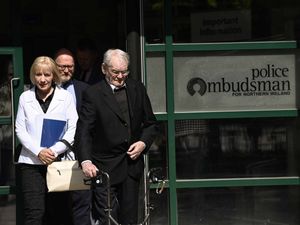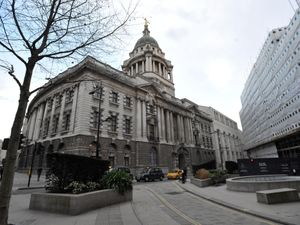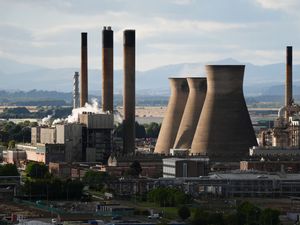Police to be given greater powers to stop protests near places of worship
Home Secretary Yvette Cooper said the move would ‘prevent intimidating protests outside places of worship to ensure that people can pray in peace’.
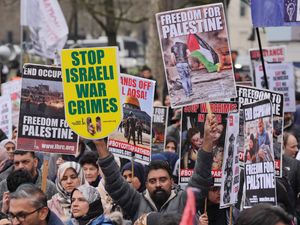
Police will be given greater powers to stop “intimidating” protests being staged near places of worship.
Forces already have the authority to place restrictions on demonstrations under the Public Order Act, but the law is due to be changed to allow protests to be stopped specifically if worshippers will be intimidated.
The Metropolitan Police has already stopped pro-Palestine protests taking place near a synagogue in Portland Place in central London on Saturdays to avoid worshippers feeling intimidated under existing laws.
But the Home Office announced on Thursday that police would be given greater powers to stop protests near churches, synagogues, mosques and other sites.
Climbing on war memorials is also set to become a criminal offence, as announced by the previous government, and this will be extended to cover a new national holocaust memorial set to be built in central London.
Home Secretary Yvette Cooper said: “The right to protest is a cornerstone of our democracy which must always be protected, but that does not include the right to intimidate or infringe on the fundamental freedoms of others.
“That’s why we are giving the police stronger powers to prevent intimidating protests outside places of worship to ensure that people can pray in peace.”
Phil Rosenberg, president of the Board of Deputies of British Jews, said protests near synagogues had caused “serious and unacceptable disruption to our communal life” in the past 18 months, and called the disorder targeting mosques during rioting last summer “similarly intolerable”.
Mark Gardner, chief executive of Jewish charity the Community Security Trust, said: “The cumulative impact on central London synagogues of repeated large, noisy protests, often featuring antisemitism and support for terrorism and extremism, has been intolerable.
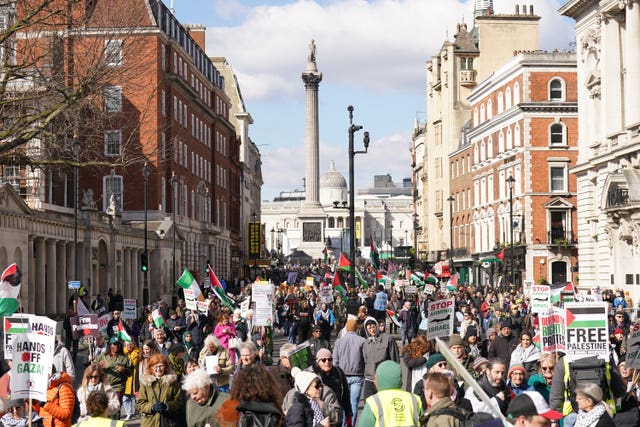
“We welcome these new measures to protect the rights of the Jewish community to pray in peace and we thank the Home Secretary for her ongoing support.
“Everyone has the right to protest, but there must be a balance so that all communities can attend their places of worship free from hate and without fear of being intimidated.
“We also welcome the protection of the forthcoming Holocaust memorial which is set to be built next year – a tribute that will have cultural and historical significance for the entire country.”
Under current laws, section 12 and 14 of the Public Order Act give the police power to place restrictions on protests that may cause serious disruption to the life of the community, serious public disorder, serious damage to property, or where the purpose of those organising the protest is the intimidation of others.
The change will allow them to impose restrictions “if they have a reasonable belief that the protest may result in the intimidation of those seeking to access places of worship”.
The CST previously said Jewish communities in Britain faced “more hatred and pressure” than they had for decades, in the wake of the October 7 2023 attack by Hamas on Israel and the conflict that has followed.
It recorded more than 3,500 antisemitic incidents in the UK in 2024, down from a record high of 4,296 in 2023.
In December, figures obtained by the PA news agency under Freedom of Information legislation showed that three of the biggest police forces in England – Greater Manchester, West Midlands and the Metropolitan Police- recorded a sharp rise in antisemitic incidents after the October 7 attack.
The same forces saw a spike in Islamophobic incidents after the Southport murders in July last year, after false rumours were spread online that the killer was Muslim.

